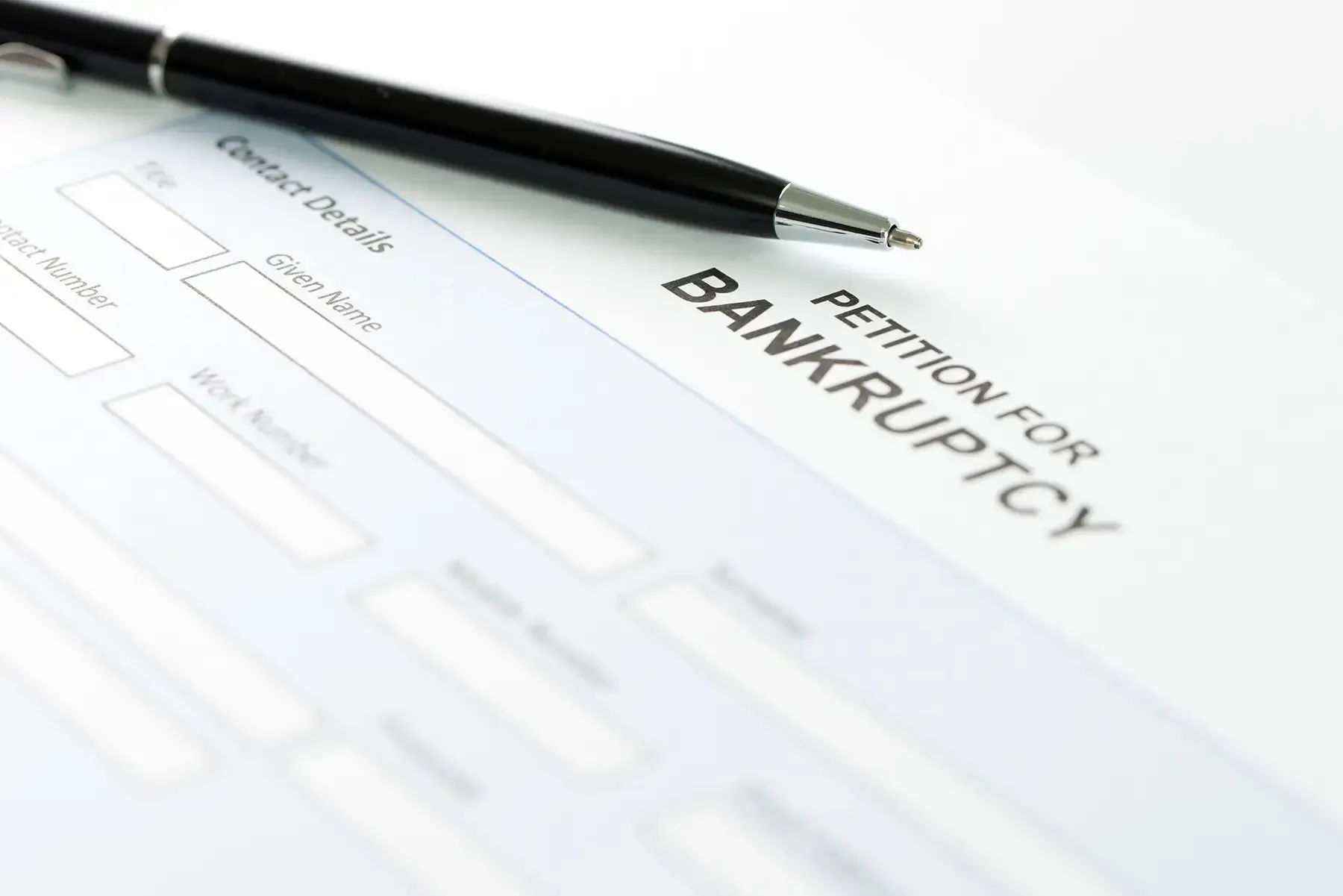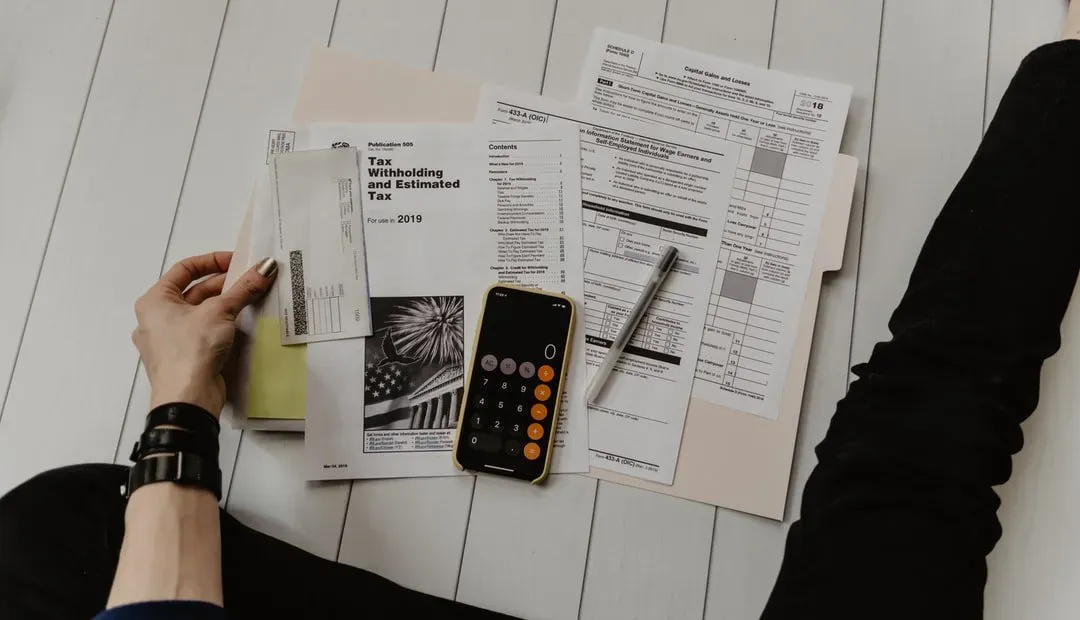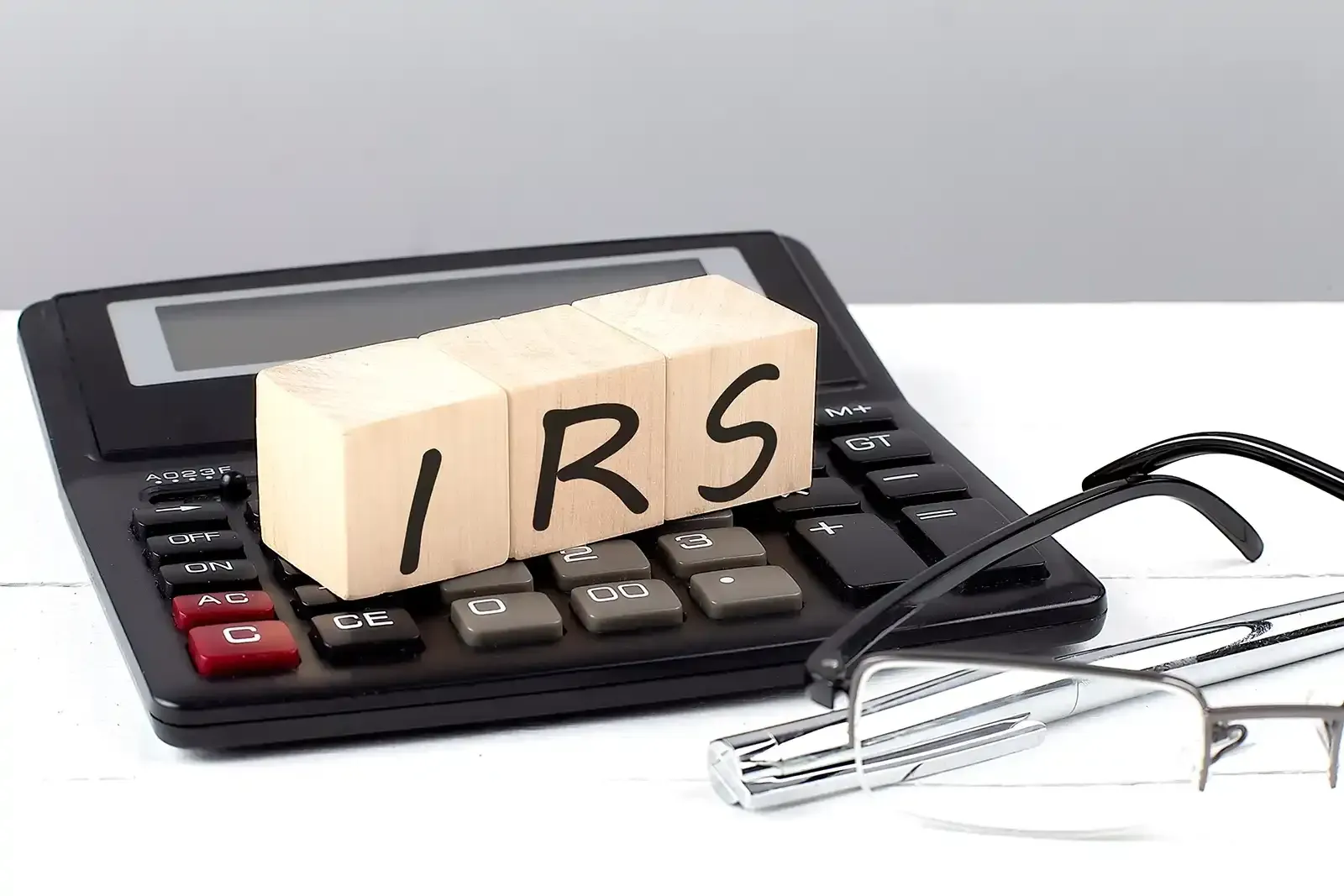Escaping foreclosure
Foreclosure is the process of a lender or bank taking back a house because they are not getting the payments promised. It can be a scary and stressful thing.
When foreclosure happens, the lender takes over the house, residents have to move out and they may need to make additional payments to the lender, depending on the condition of the property. Though a foreclosure notice or payment issue may sound final, there are steps you can take to try and avoid losing your house.
Act fast. Don’t wait any longer to deal with your housing issues. The longer you push it off, the worse it will get. As soon as you realize the problem, take action.
Get up to date on your mail. Make sure you have reviewed all communications with your lender. When you receive statements and notices, it’s easy to put them away and say you will deal with them later. It’s important that you go through everything your lender has sent you and make sure you know what’s going on.
Look over your loan agreement. Revisit the documents you signed when you took out your loan and bought your house. Be sure to understand what you signed and what that means for foreclosure.
Talk to your lender. Lenders typically have different financing and payment options available if you are unable to make your payments. Talk with them about your situation and they may be able to help.
Understand your options. The government provides programs that may help you avoid losing your house. You can contact the U.S. Department of Housing and Urban Development to learn more about the options they provide. Talking with a legal professional can also help you know how to deal with the situation.
Assess your spending and assets. If you’re having trouble paying for your house, it’s probably time to look at your spending habits. Consider any unnecessary spending you have and create a new budgeting plan that prioritizes your mortgage. You can also consider selling some of your larger assets to help make your payments.
Don’t wait any longer to deal with your housing problems. If you’re having issues making your payments, be sure to communicate with your lender and other professionals before the problem gets worse. There may be ways to avoid losing your home to foreclosure.







